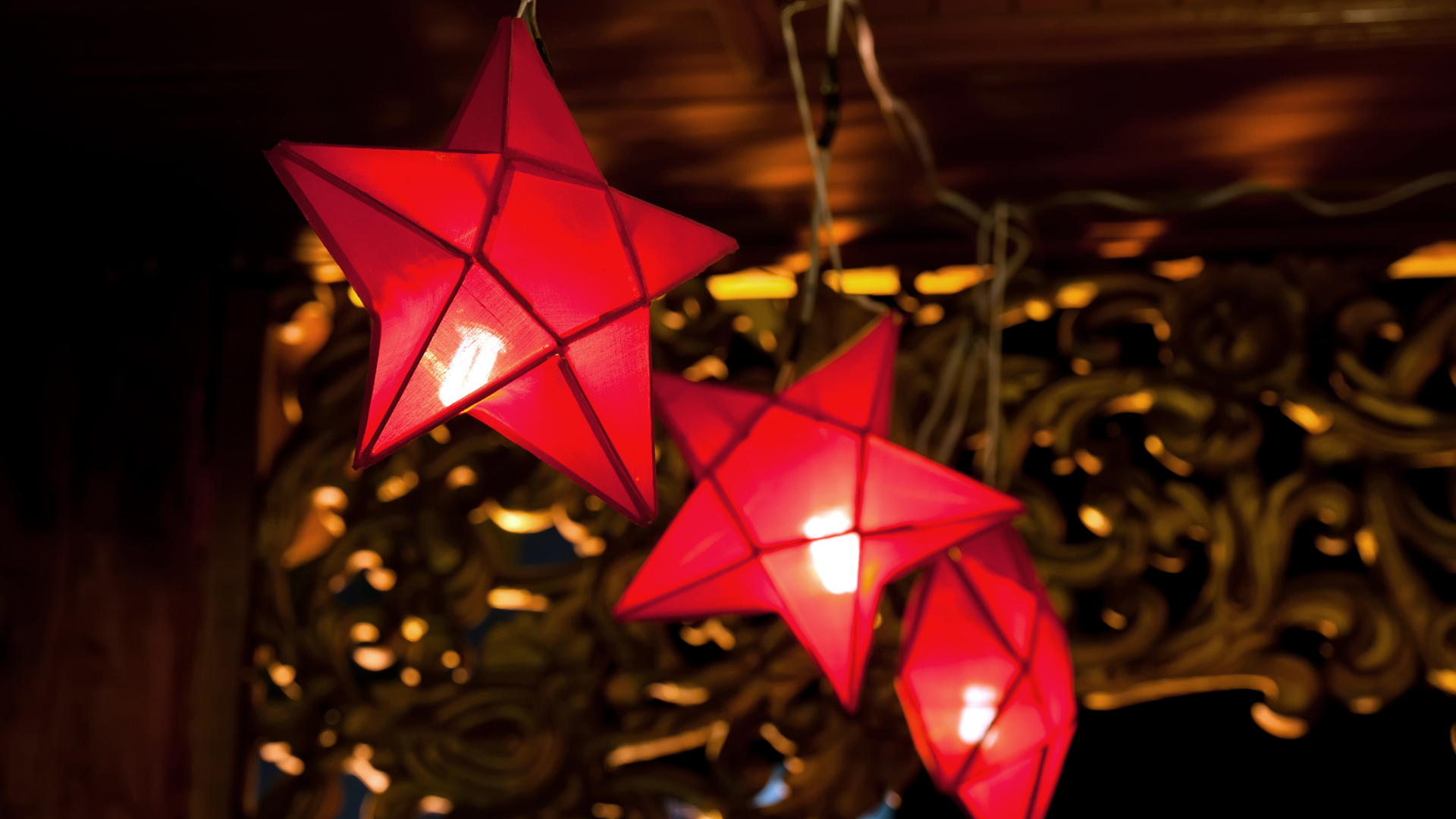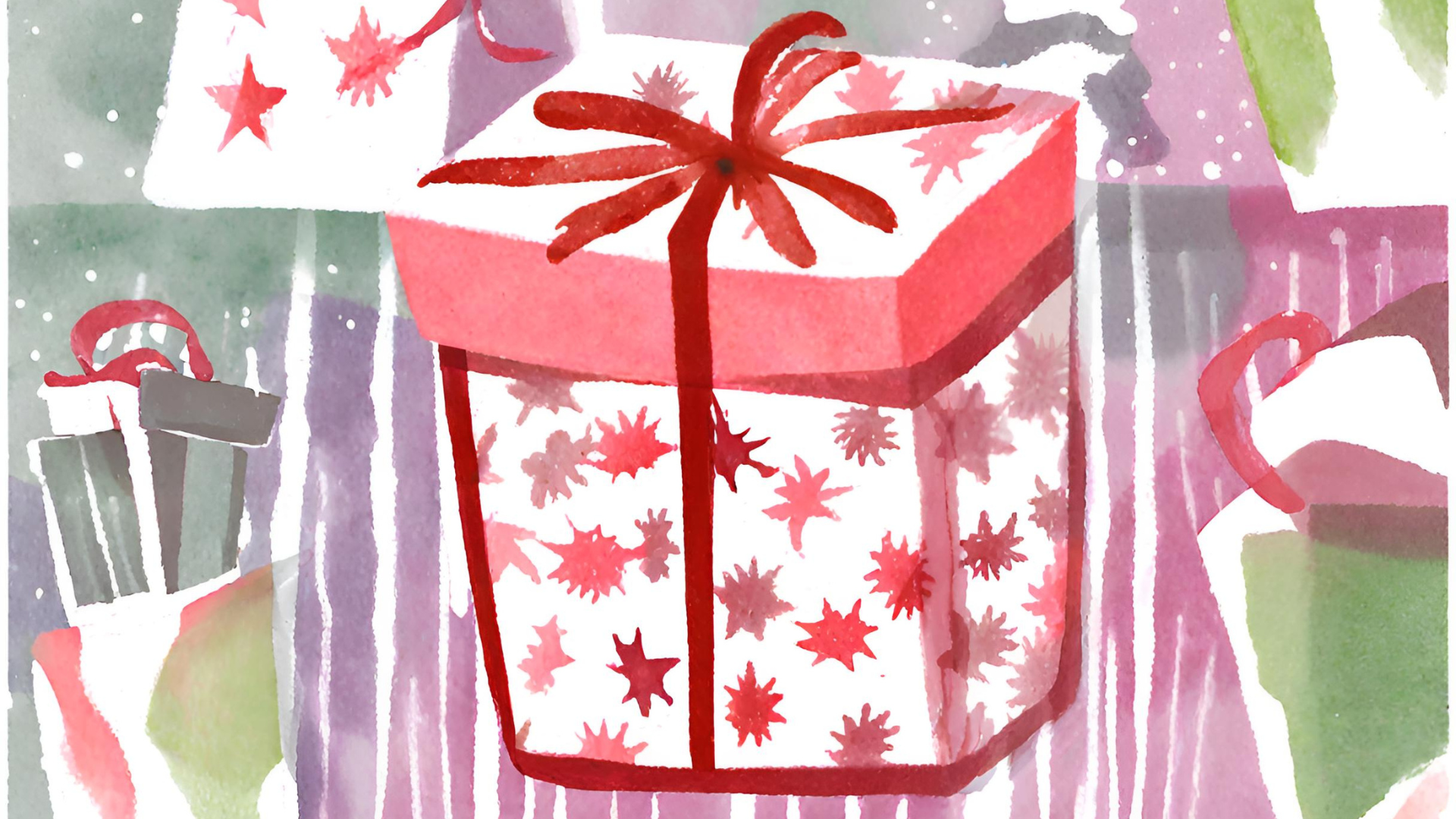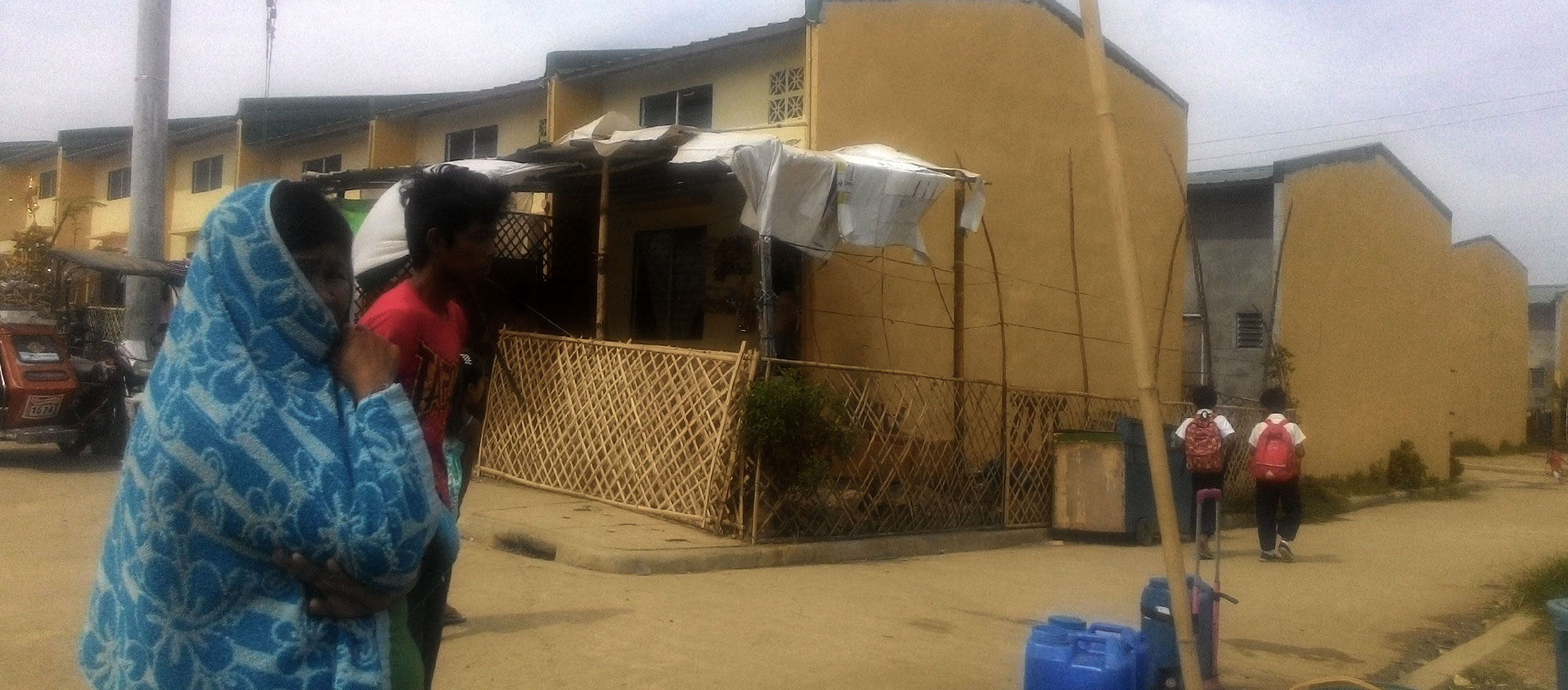This Christmas, a liberating love ethic
We don’t need to redefine Christmas entirely; we need to reclaim the meaning of love. There is no better way to do it than to fold it in with solidarity and the struggle.

Last week while shopping with my partner Ethan, I turned to him and asked, “What does Christmas mean to you?” I quickly added, “No joke answers.” He burst out laughing; with Ethan, serious questions are usually met with at least five layers of jokes.
“Hm. Seriously? Christmas is an excuse to be sentimental and show love. It’s an obligation.”
There are no right answers, but I think he got it right. The notion that Christmas means love is overdone, saturated to the point of meaninglessness. Most of the holiday is filled with obligation to family and society. Give gifts, spend time with your family, and be happy, be joyous. Above all, be joyous.
There’s a haunting dissonance between what the holiday season is supposed to represent and the reality of the majority of people around the world. Who can actually celebrate Christmas when they won’t have a job next year? Is it possible to focus on love when one’s community is being suppressed by the state and corporation?
When I’ve voiced my feelings of discomfort at this dissonance, I’ve been told to choose to be happy. There is supposedly a greater end in suppressing my negative feelings, and it’s to bring happiness to the present moment which can lead to the improvement of lives—or something like that. To this, I recall that it is no measure of health to be well adjusted to a sick society. Being happy when thousands of people are dying is insanity.
After a year such as this one, it can feel like there is no alternative to the dissonance. I know, the world is so fragile. We hear the shattering, and we keep walking forward.
For me, I define love as a space of co-creation where the desire is to heal all beings in said space. Healing requires addressing the past and thus points to new frameworks of justice like transformative justice.
I don’t want to let go of the offering that the end of a year gives, however. There is a gentleness here in the solstice soil if we can be still enough to sink down to it. We don’t need to redefine Christmas entirely; we need to reclaim the meaning of love. There is no better way to do it than to fold it in with solidarity and the struggle. If you’re conscious about oppressive systems and your place in them, what is your love ethic for liberation?
For me, I define love as a space of co-creation where the desire is to heal all beings in said space. Healing requires addressing the past and thus points to new frameworks of justice like transformative justice. Co-creation brings the focus to multiple beings acting together, not one single human. And, as always, this healing is for all living things who desire to participate.
I cherish this definition as it leads me to expand my previous definitions of conventional love and activism. It challenges me to meet my family, who I often struggle to connect with on a deeper level, with humor. I can be myself, a separate person able to give and receive, with them. I can be open to the channels of healing that present themselves—although if none do, to accept it gracefully without hatred.
In regards to activism, this ethic brings a spiritual aspect to material advocacies. I still demand an end to fossil fuel energy, an end to colonialism and its cycles of harm, among many interconnected things, while reminding myself that healing is the goal. Some healing can be done on our own, separate from the system, but so long as the system suppresses our ways of life, we cannot fully heal.
If love is a space of co-creation for the healing of all people, love needs no outcome. It stands on its own, a tangible space between people who have the same goals. Love as a space means love has an architecture created by and suited for the different people who participate in its creation.
I think of the farming collective in Lupang Ramos, Cavite, who are consistently defending their space from money-hungry landlords. Theirs is a fully realized space, love co-created by farmers and the soil itself.
What could other fully realized spaces look like? How will you define a love ethic for liberation, and how might this invite curiosity and challenge for celebrating the holidays? I can’t wait to see what you come up with.




